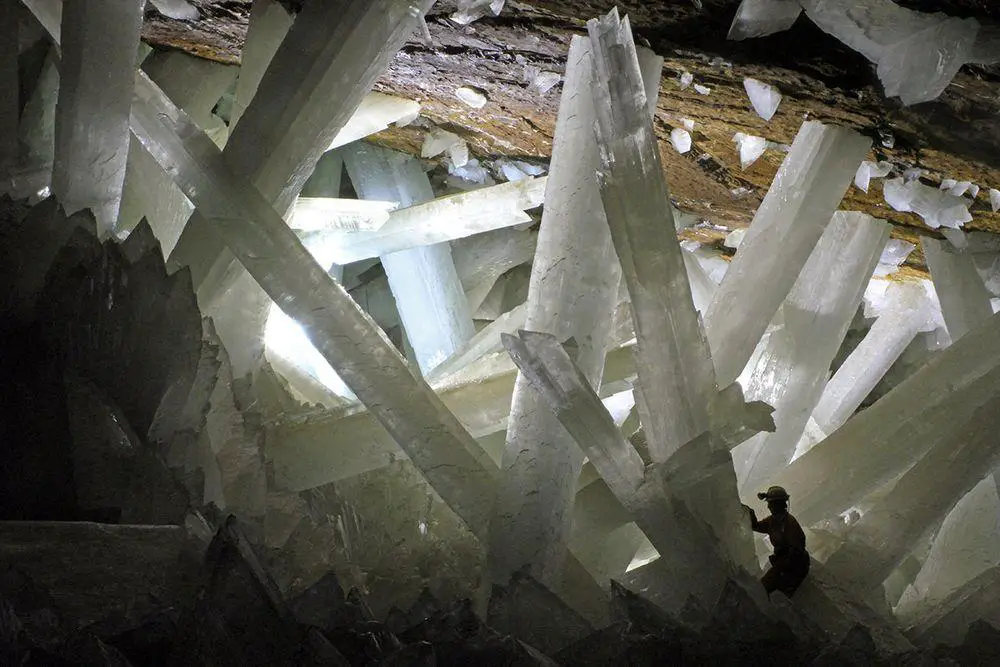Wonder
Rokeb di Firmihin – forest of Dragon’s blood trees
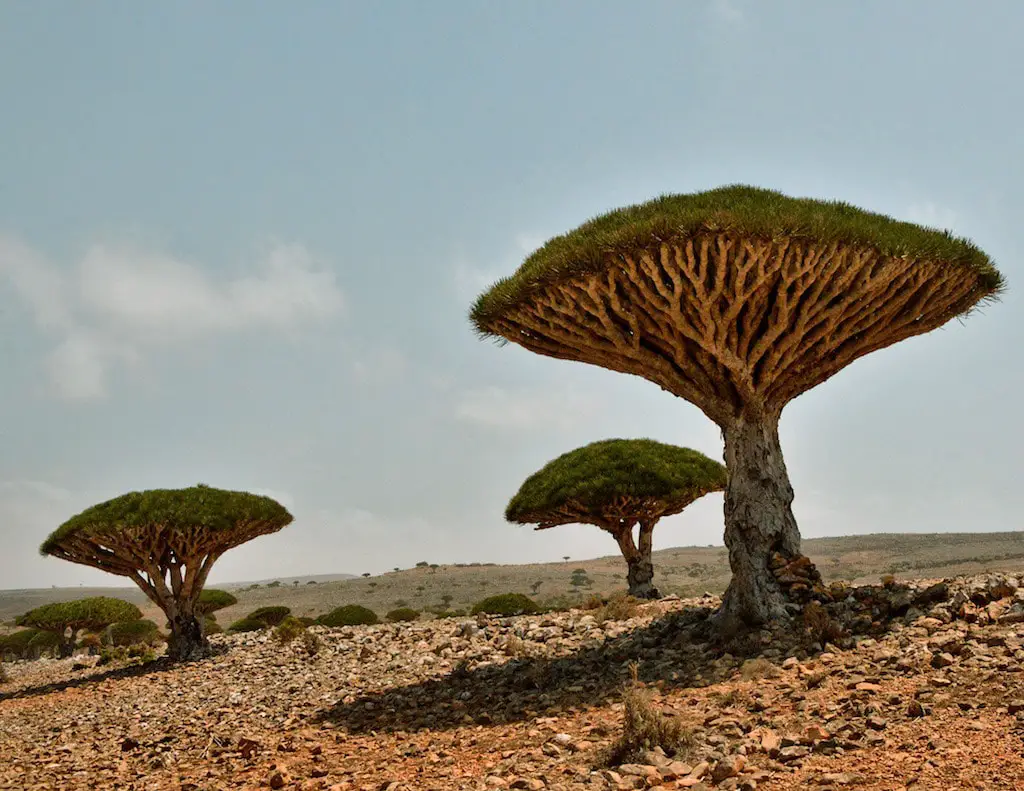
 In short
In short
One of the most unusual forest in the world is located on Rokeb di Firmihin, central part of Socotra Island. This is almost pure stand of rare Dragon’s Blood Trees – legendary trees which look as if they have arrived from another planet.
 46.3%
46.3%
GPS coordinates
Area
Dominant species
UNESCO World Heritage status
Map of the site
If you see this after your page is loaded completely, leafletJS files are missing.
 In detail
In detail
Relicts of Socotra
The dry, isolated Socotra island has unusual plant and animal life. Out of 825 species on the island 307 are endemic – found only in Socotra.
This unusual plant life has developed on the island in isolation from the outside world since Miocene, for some 20 million years or longer. Thus, most of the trees on the island are unique – such as several species of frankincense trees, myrrh trees, desert rose (Adenium obesum ssp. socotranum), the only known wild pomegranate (Punica protopunica) or cucumber tree (Dendrosycios socotrana).
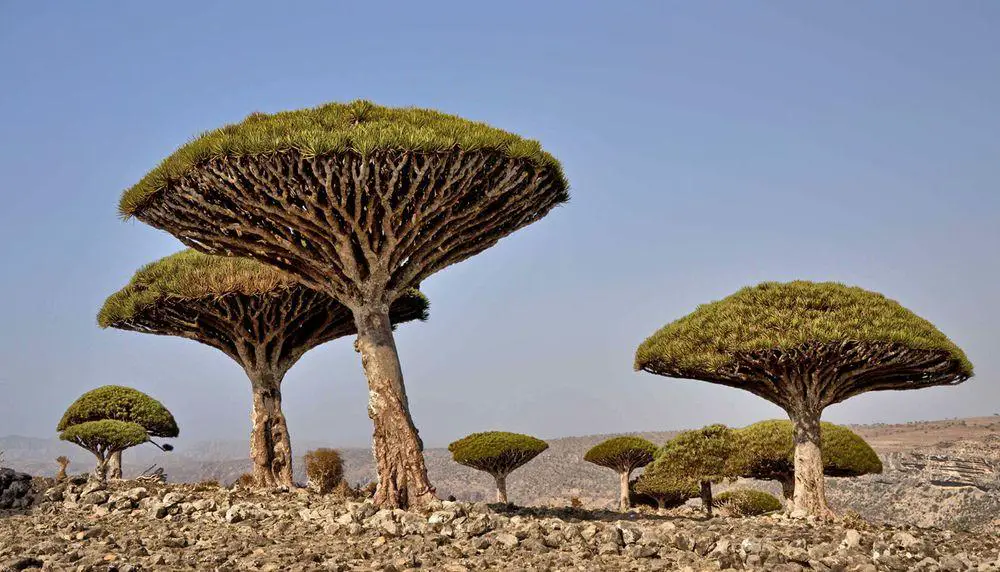
Dragon’s Blood Trees
The most famous plant on Socotra is Dracaena cinnabari – Dragon’s Blood Tree. This tree grows naturally only in this island, it is found in hills, in the central and eastern plateaus and mountains of the island.
Dense crown
Dragon’s Blood Trees grow slowly and their age can reach 650 years. As the times goes, they develop very dense, umbrella-shaped crown, covered with leaves which grow only at the end of young branches. Thus the tree creates shadow which protects its stem and base part.
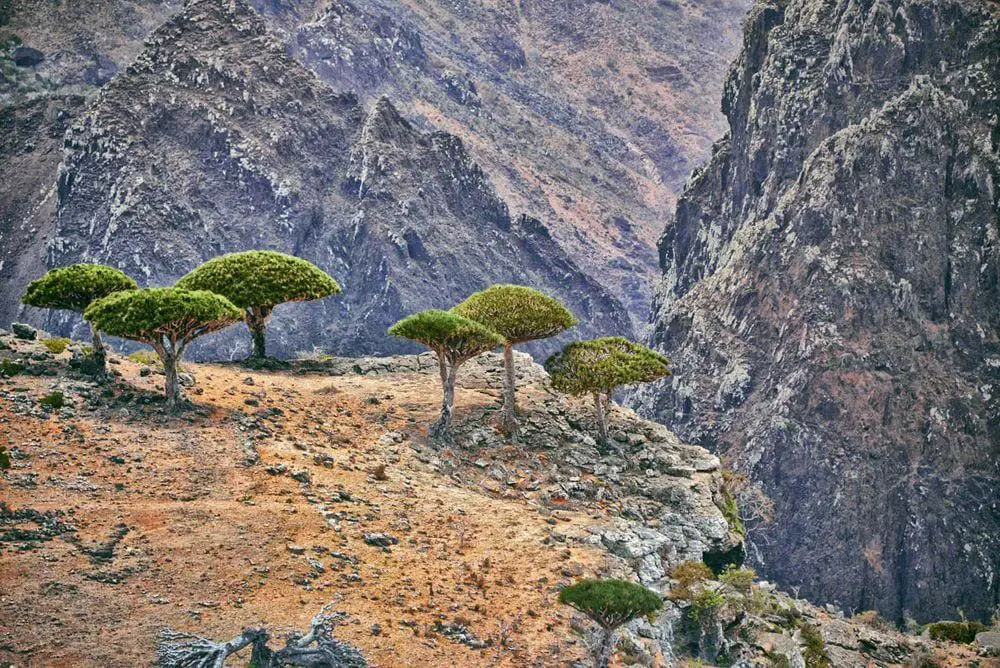
This tree is able to grow in dry locations (it can extract the necessary water also from fog) and if many trees form dense canopy, rich ecosystem has a possibility to develop under them even in dry climate.
Sap
Dragon’s Blood Tree gained its notoriety already in ancient times due to its blood-like, red sap. It has found many uses – it is used by locals to cure almost any kind of disease, especially as a stimulant and also – to cause abortion. Earlier this sap was used also as a red dye and color for artists. It is added to the varnish of violins up to this day.
The last forest of Dragon’s Blood Trees
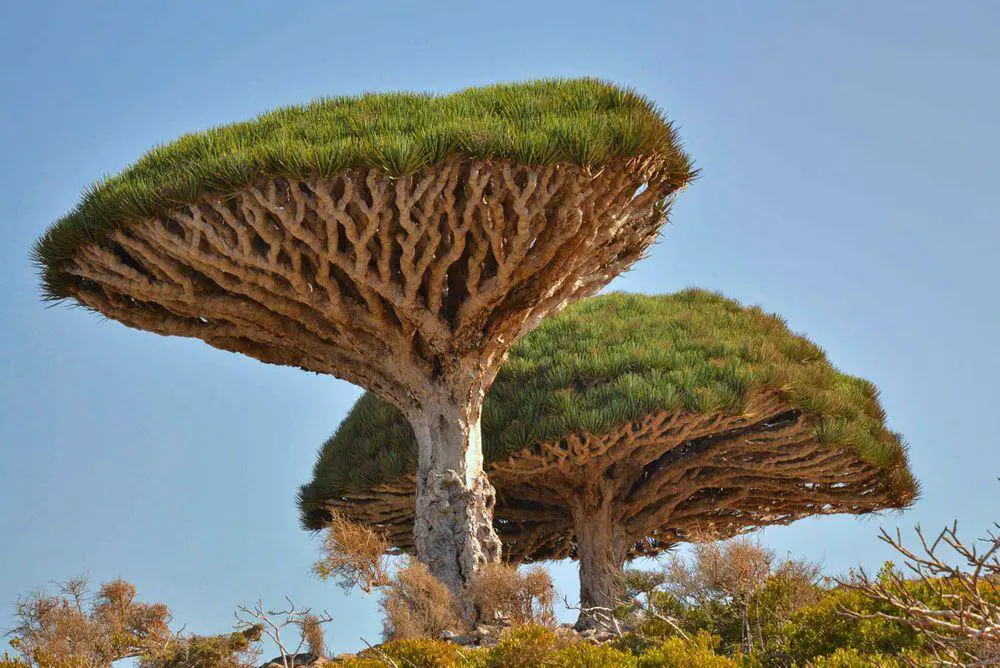
Earlier these trees were more common. Nowadays one sees them only in some parts of the island. For most part these are single, old trees or groups, with almost lifeless ground around them.
Dragon’s Blood Trees are very endangered in their natural habitat, mostly due to goats but also due to sap and firewood collection. Trees regenerate only in the most inaccessible locations where goats and people can not reach them.
The largest and best preserved neatural woodland of Dragon’ Blood Trees is on the isolated Rokeb di Firmihin – limestone plateay with an area of 540 ha which from all sides is flanked by deep ravines, to some extent protecting it from ominpresent goats. This is the only dense forest of these trees, with multiple rare and endemic species of other plants and animals. Some plants and smaller invertebrates (e.g. beetle Corticeus socotranus) have been found only in this forest.
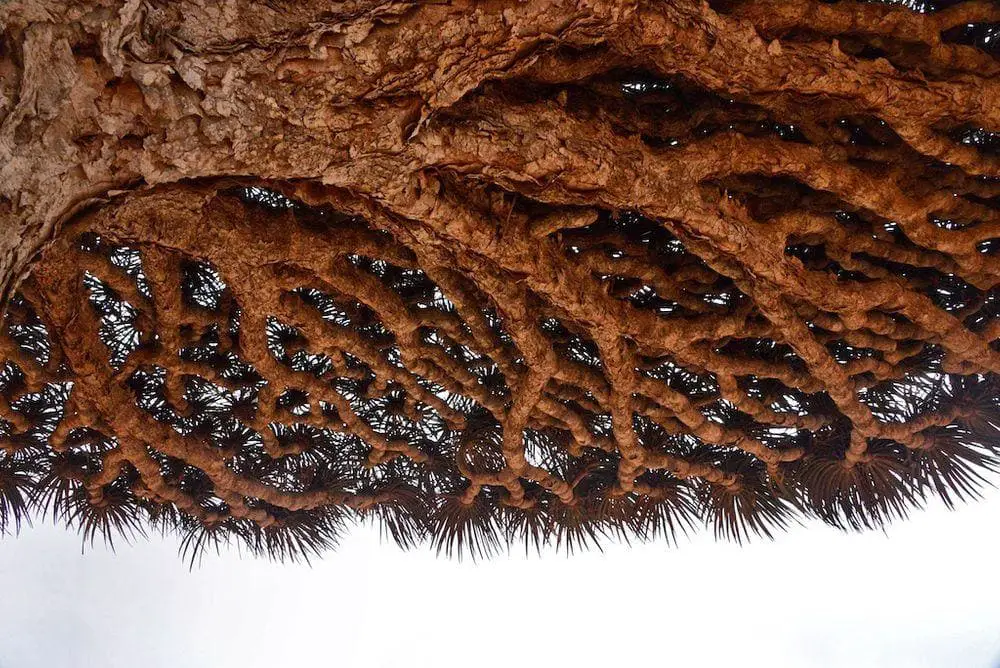
Rokeb di Firmihin is exposed to the southwestern monsoon and rains here are most frequent in May – June and September. This area gets somewhat more rain than the remaining part of Socotra.
Unfortunately this unusual forest is living its last decades. Research of the age structure of these trees on the island shows that most trees are either mature or old and there are few young ones (1). It is expected that in coming decades more and more of the old trees in Firmihin plateau will die due to great age.
Fine images of the unique forest are found in this Czech magazine.
References
- Hubalkova I., Prediction of Dragon’s Blood Tree (Dracaena Cinnabari Balf.) Stand Sample Density on Soqotra Island. Journal of Landscape Ecology, 2011, vol.4. Accessed in 5.08.2014.
Rokeb di Fewrmihin is included in the following article:
 Linked articles
Linked articles
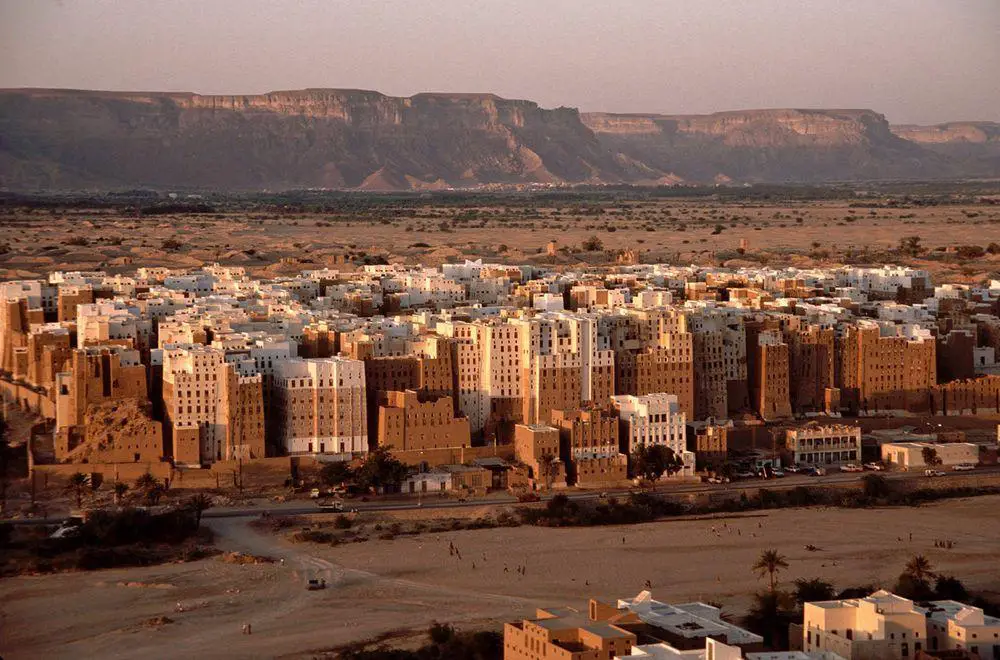
Wonders of Yemen
One of the most exotic countries in the Arabian peninsula is Yemen. Many peculiar landmarks are found here but the most interesting ones are its medieval cities and towns, archaeological monuments, and the unique nature of Socotra Island.

Ecosystems
Biotope is a rather small area with uniform environmental conditions and a specific community of life. Wondermondo describes biotopes and ecosystems which have striking looks, look very beautiful, or have other unusual characteristics.
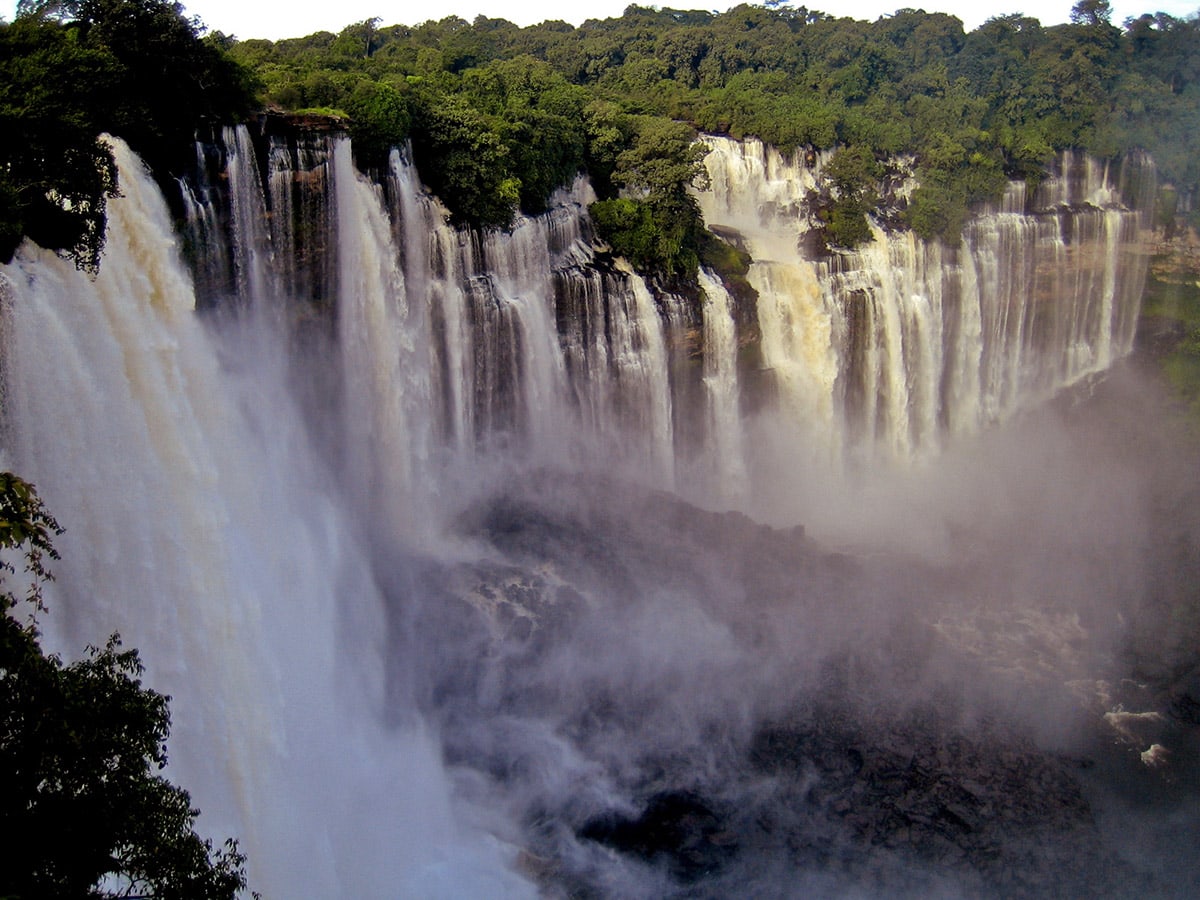
Wonders of Africa
Africa has many outstanding wonders and some of the most surprising ones are the heritage of Egyptian civilization, the vernacular architecture of the Sahel region, tropical ecosystems, and others.
 Recommended books
Recommended books
Socotra: Story of the enchanted Island!
Socotra is an amazing and unique island in the Indian Ocean South of Yemen. This rare island contains many rare plants, trees, insects, reptiles, birds, and animals; many of the creatures in the island of Socotra cannot be found anywhere on earth except Socotra! Studies confirm that the first settlement on the island of Socotra was approximately 3000 years ago!
Socotra: A Natural History of the Islands and Their People
This richly illustrated book provides the first comprehensive review of the natural history of these islands. The islands became a UNESCO Man and Biosphere Reserve in 2003 and have been nominated as a World Heritage site. While documenting Socotra’s geology, biodiversity, ecology, human history, and culture, the book also highlights aspects of the islands’ biogeography, evolution, and conservation.

